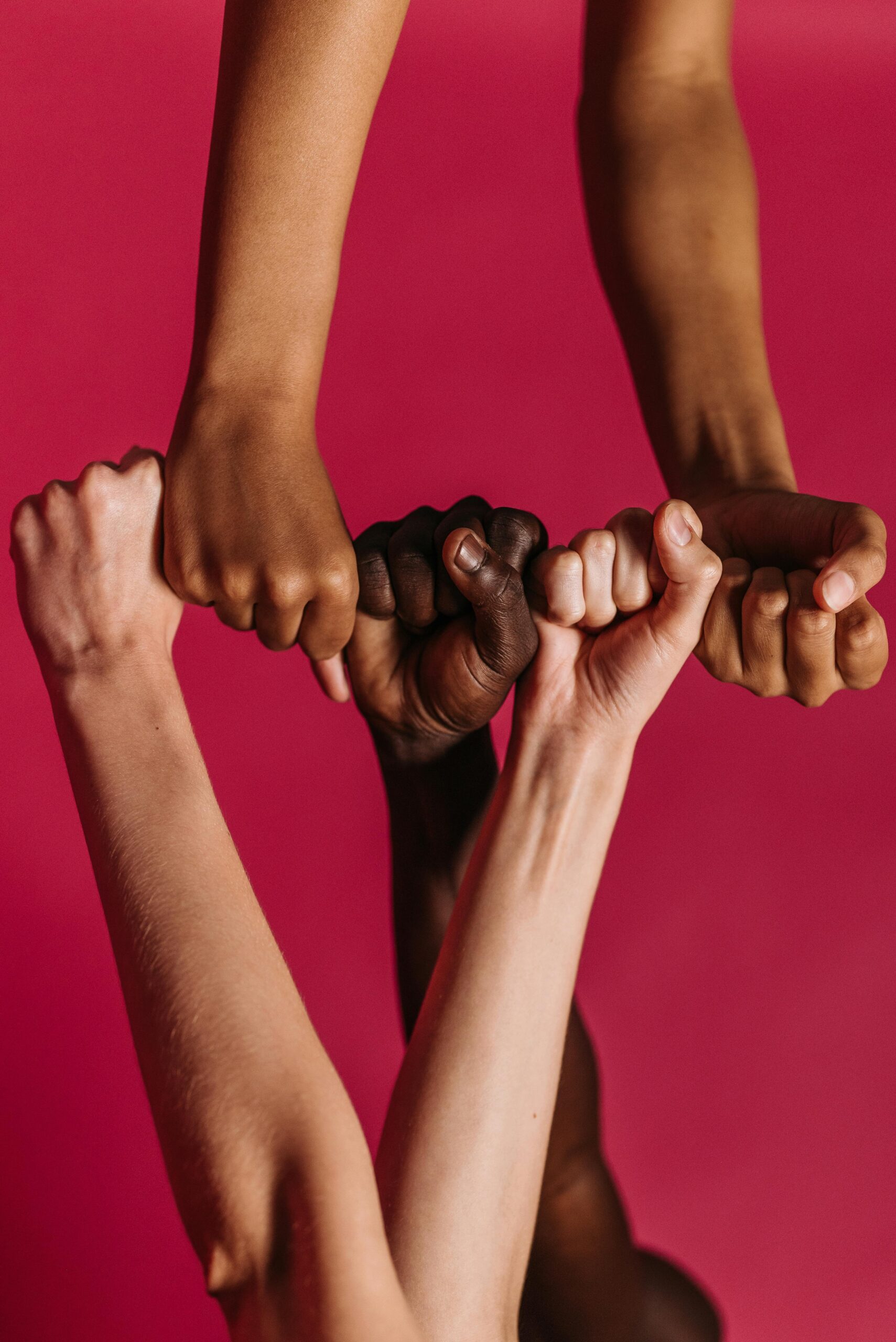November 14, 2024

By Yedidya Ebosiri
Systemic racism, that social plague that manifests itself insidiously across time and culture, in hospitals and universities, pernicious and grotesque. The reason for Assa Traoré’s struggle, the reason for Joyce Echaquan’s death. Sometimes subtle, sometimes violent, systemic racism is the bedrock of many contemporary societies, whatever the deniers may say. Rooted in a history of imperialism and colonialism, it is a complex phenomenon with simple consequences. Even the most optimistic cannot say whether it can be truly eliminated. One thing is certain: to combat racism, we must first understand it.
Systemic racism 101
While classic racism feeds on the idea of superior races, institutional or systemic racism proclaims it on a much larger scale. Rooted in the structures and systems of our societies, we sometimes have to squint to see it clearly. This racism exists in American prisons, disproportionately occupied by black people. It is palpable in the 27 native communities under a drinking water advisory in 2022. It can be seen in the relentless barriers to healthcare for refugees. It lurks even in the narrow sidewalks of multi-ethnic neighborhoods, exposed to highways and sometimes substandard housing. Even in its most subtle form, systemic racism alters the lives of those it affects.

The roots of systemic racism can be traced back to colonial history and Western imperialism, which instituted power structures based on race. These structures, though invisible, were codified in law and integrated into economic and political institutions, perpetuating racial disparities long after that time.
Sometimes subtle, sometimes violent, systemic racism is the bedrock of many contemporary societies, deniers be damned.
On the African continent, the classic example of South Africa aptly illustrates the workings of a society envenomed by institutional racism. Under apartheid, the population was divided into official racial groups, and laws determined where these groups could live, work and study. This violent system created a socio-economic structure that privileged whites and marginalized blacks and other ethnic groups. Despite the South African government’s reforms to dismantle systemic racism, the gap between groups of people remains, and the social climate suffers.

Scars and chronic stress
In addition to creating deep social divides, institutional racism inflicts lasting damage on the physical and mental health of affected communities. Research shows that ongoing exposure to racial discrimination can trigger a cascade of health disorders, including chronic stress, high blood pressure and an increased prevalence of heart disease. This permanent stress, often referred to as “allostatic load”, is the result of incessant adaptation to a hostile, discriminatory environment.
Although colossal efforts are still needed to cleanse the system of the poison that is racism, we must acknowledge that the way has been paved […].
At the same time, systemic racism fuels a vicious cycle of poverty within racialized communities. Unequal access to well-paid jobs and quality education widens a wealth gap that is passed down from generation to generation. This situation is exacerbated by discriminatory practices in banking, investment and real estate, hindering opportunities for ethnic minorities to embrace entrepreneurship and home ownership. Under the crushing weight of systemic racism, these communities may also experience an erosion of trust in institutions, and see their participation in political and economic life severely curtailed.
Fighting for real
To combat systemic racism effectively, a number of experts and organizations have first proposed that the existence of systemic racism be officially recognized. This recognition is not just a semantic debate; it serves as the starting point for a genuine process of reconciliation. The annual tribute to the victims of residential schools on Canada’s National Day of Truth and Reconciliation is a starting point. The same is true of British Columbia, which in June 2022 adopted the Anti-Racism Data Act, aimed at collecting data to better understand and combat systemic racism.

Anti-racism expertise also recommends simplifying and improving the complaints management process within institutions to ensure an adequate and fair response to the concerns of affected citizens. At least, this is what the Office of the Commissioner to Combat Racism and Systemic Discrimination, established in Montreal following the June 2020 report by the Office de consultation publique de Montréal, is trying to achieve. Added to this are recommendations to value and support the efforts of organizations representing racialized communities, and to extend intercultural skills training programs to health, education and law enforcement professionals. Although colossal efforts are still needed to cleanse the system of the poison that is racism, we must recognize that the path has been mapped out towards a society free of racial injustice. The road is long, but it must be taken.

References:
- Dhume, F. (2016). Du racisme institutionnel à la discrimination systémique ? Reformuler l’approche critique . Migrations Société.
- Feagin, J.R. (2023). Systemic Racism and White Racial Frames: A Critical Analysis. Socio: The New Journal of Social Sciences.
- Olusanya, B.O. (2021). Systemic racism in global health: A personal reflection. The Lancet Global Health.
- Souissi, T. (2024). Systemic Racism in Canada. In The Canadian Encyclopedia. Retrieved from https://www.thecanadianencyclopedia.ca/en/article/systemic-racism.

Yedidya Ebosiri
Editor-in-Chief
As an eternal student, Yedidya is currently pursuing a graduate degree in public health after completing a bachelor's degree in kinesiology.
Her professional interests are rooted in the fight against social inequalities in health; she dreams of a healthier, fairer, greener world. In the meantime, she draws from her Congolese roots to advocate for a free and feminist Africa.
As a tutor for illiterate clients and a longtime mental health advocate, her intellectual curiosity and interpersonal skills characterize her emerging professional journey. Formerly an editor for a university newspaper, she continues to nurture her passion for journalism and looks forward to putting her writing skills at the service of her community. To her, Sayaspora embodies black excellence and social innovation, which is why she takes pride in contributing to the magazine's outreach.
Similar articles

January 20, 2025




